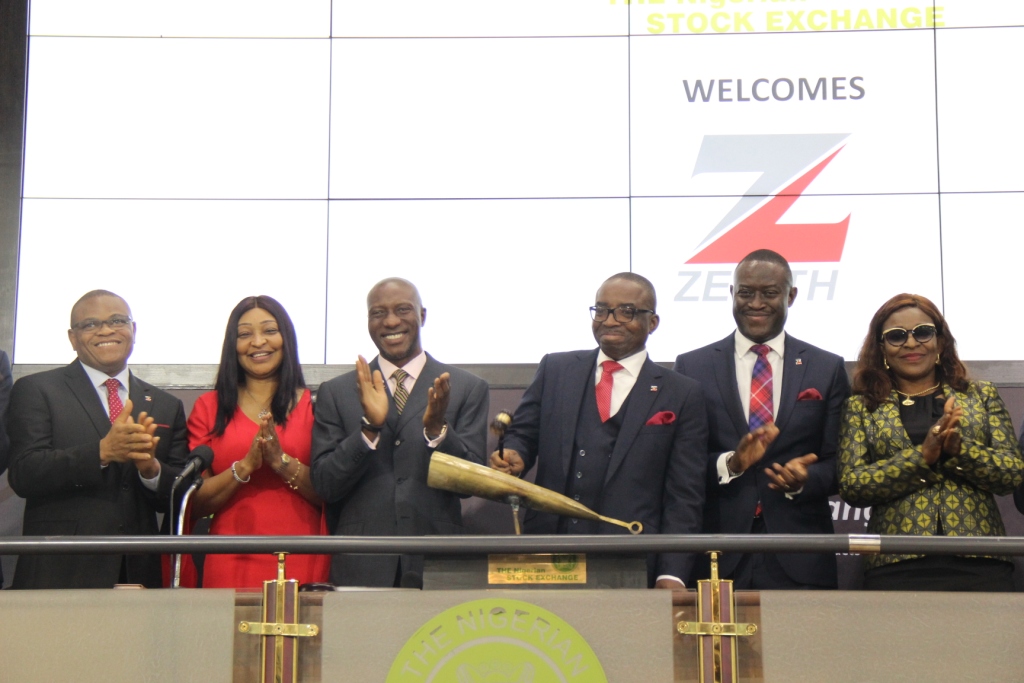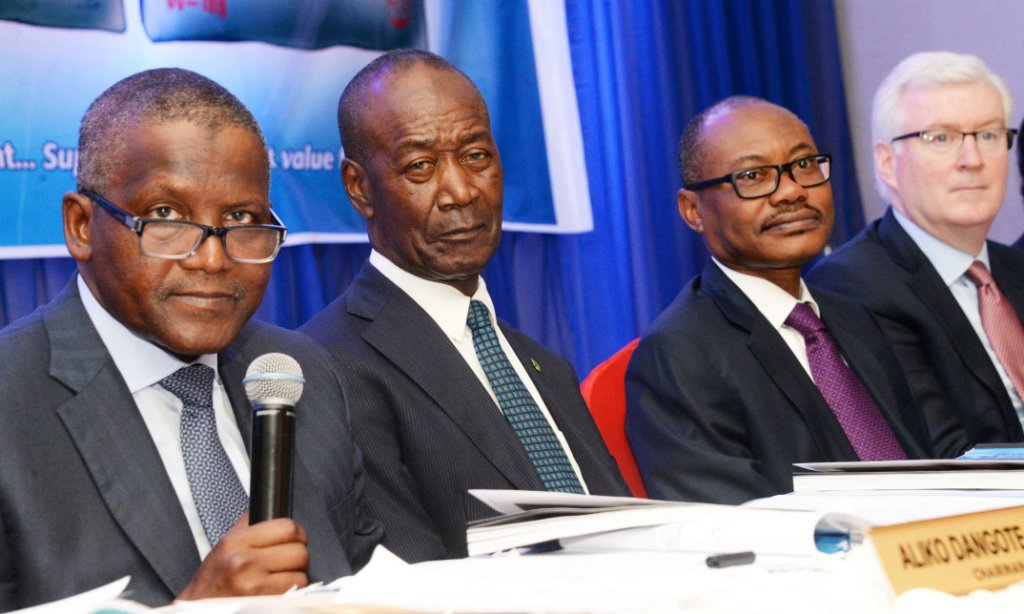Contrary to the claims of the Central Bank of Nigeria’s Governor, Godwin Emefiele that NIRSAL Microfinance Bank it created in 2019, are now operational in NIPOST outlets nationwide, checks in parts of the country showed otherwise, rather abandoned and lifeless infrastructures.
It would be recalled that while announcing the granting of fresh 15 licences to new Mobile Money Operators (MMOs) in Abuja, the CBN chief said “Under this category and working with the Bankers Committee and the Nigerian Postal Service, the CBN stated that it enabled the creation of NIRSAL Microfinance Bank in 2019, which had begun to provide financial services across all NIPOST outlets nationwide.”
Investigations showed that visited NIPOSTs have no sign of being ready to render mentioned services as there are no structures on ground for such service.
The CBN said it introduced a licence category for super agents in 2016 in the payment ecosystem.
It said, “The super agents are expected to complement the efforts of the MMOs and banks, by hiring and managing sub-agents and extending financial services to the unbanked at minimal cost.
“The super agents are expected to be effective at extending the reach to locations where bank branches may not be available.”
“Under this category and working with the Bankers Committee and the Nigerian Postal Service, the CBN stated that it enabled the creation of NIRSAL Microfinance Bank in 2019, which had begun to provide financial services across all NIPOST outlets nationwide.
It stated that this measure would enable individuals in underserved locations to access financial services at a reasonable cost.
As part of its financial inclusion drive, the CBN in 2018, introduced Shared Agent Network Expansion Facility (SENAF) in a strategic initiative with the Bankers Committee.
SANEF was expected to result in a roll-out of 500,000 agent touch points by 2020.
The services to be delivered at such touch points were given as cash-in, cash-out, funds transfer, bill payments, airtime purchase, government disbursements and remote enrolment of the BVN to an estimated 60 million Nigerians that were unbanked.
Business Hilights gathered that by the structure, MMOs and super agents were expected to deploy financial service agent outlets in under-served urban, semi-urban and rural areas in Nigeria, with higher priority in the northern geopolitical zones, where financial exclusion rates were higher.









